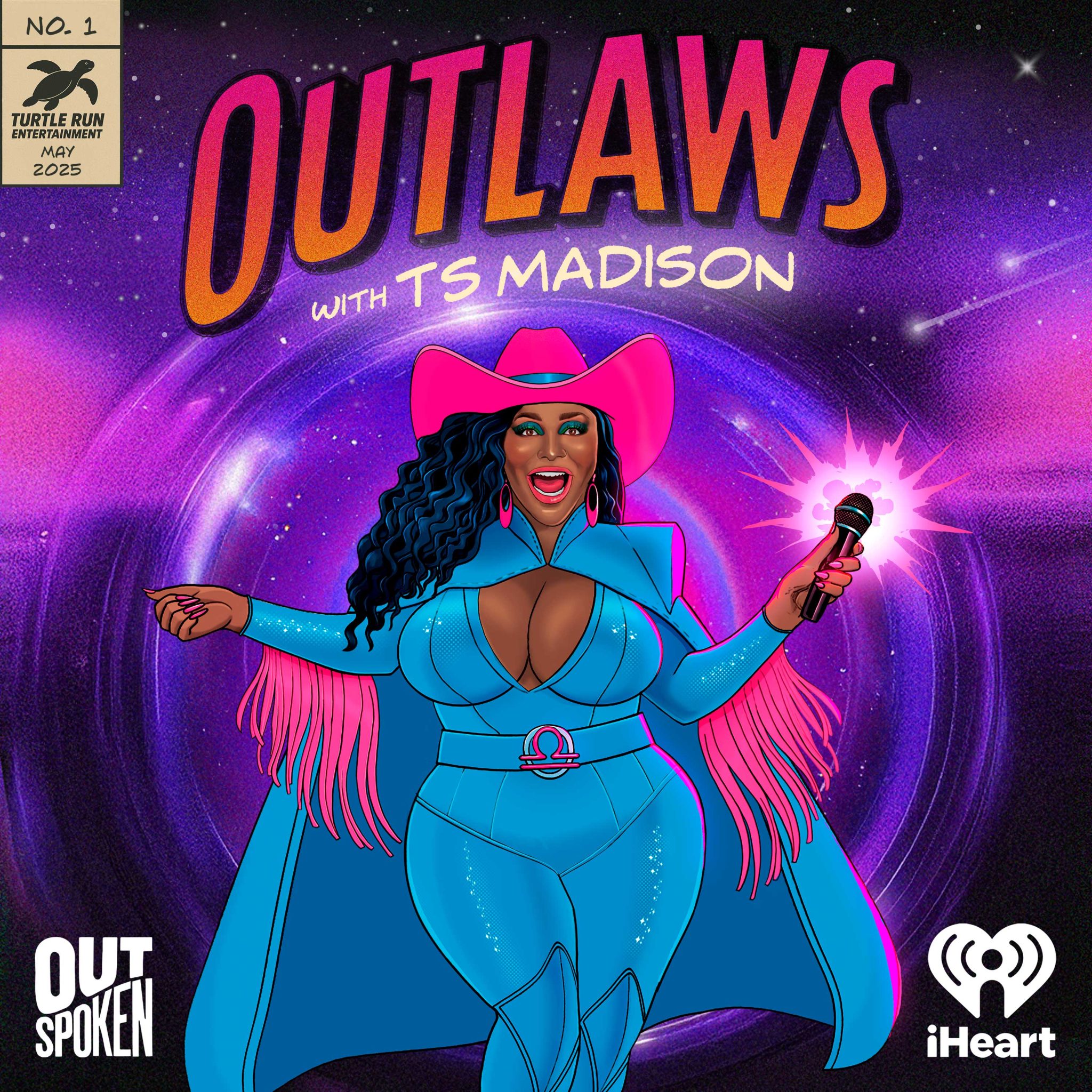Pop rebel Chappell Roan is rewriting the rules of stardom—and she’s doing it in blue eyeshadow and drag queen glam.
On the latest episode of Outlaws, the iHeartPodcasts original hosted by TS Madison, Roan joined Drag Race royalty Sasha Colby for an intimate, unfiltered conversation about religion, self-image, and why refusing to fit into the traditional mold has become her personal manifesto.

From the Church Pew to the Gay Club
Roan opened up about her journey from strict religious upbringing to queer nightlife discovery, painting a vivid picture of her first time in a gay club after leaving the church.
“I was in shock and I was in awe,” she said. “It was just like, how do I be them, just watching go-go dancers.”
That spark of inspiration—born from dancers in tiny shorts and glitter—ignited a new understanding of self-expression for Roan, who spent years associating modesty with virtue and sex appeal with shame.
“There was this weird thing in my head that I thought the more modest you were, the better woman you were,” she said. “The more you will be respected. I just realized everything that I was taught was really disrespected: sex work, gay people, drag queens, BLUE EYESHADOW.”
Yes, blue eyeshadow. The much-maligned cosmetic quickly became a symbol of rebellion and empowerment for Roan.
Ban Shame, Not Blue Eyeshadow
Roan’s embrace of drag aesthetics—long nails, bold makeup, exaggerated performance—wasn’t just about glam. It was political.
Blue eyeshadow, she explained, was demonized in her youth, tied up in the same stigma reserved for queer performers, sex workers, and anyone who dared to be “too much.”
But now? She’s owning all of it.
“I’m a singer and I write songs, but I’m also a drag queen,” she said proudly. “I’m very against what the pop girls are supposed to be doing.”
Pop Villain Era: Chappell Claps Back
Roan also opened up about the challenges she’s faced navigating fame on her own terms—and the public backlash that’s come with it.
“I think I’ve had three villain eras in the last nine months,” she said, referring to moments when fans and media criticized her for asserting boundaries and speaking out.
Her refusal to shrink herself or play nice has earned her both adoration and condemnation—but Roan is clear: she won’t be bending for anyone.
“If I don’t stand up for myself, I will quit. Because I cannot bear this,” she said, describing how the industry often punishes women for advocating for themselves.
She even drew a sharp comparison to the treatment of early 2000s pop icons like Britney Spears, Paris Hilton, and Lindsay Lohan.
“There’s so much love and apologies for people like Britney,” Roan said. “People were so evil to them, and as a community, we need to apologize. But that behavior is still happening. Do you want me to get to the point where I become agoraphobic? Or too anxious to perform?”
Her point? Don’t romanticize past wrongs if you’re still enabling them today.
“I’ve been treated better at my donut shop job than I have on a red carpet,” she added. “People just assume you’re the villain if you don’t accept mistreatment with a smile.”
A Final Word: Ban It, Bitch
The episode closed with the fan-favorite “Ban It, Bitch!” segment, where Roan served a list of things she’s over—hot takes, internet critics, and cork shoes included.
“I don’t care if you’re a publicist—get out of the comments and do your job,” she quipped. “Pop Crave? Ban it. Cork shoes? Ugly. Ban it!”
Outlaws is available weekly on Tuesdays – you can find all Outspoken shows on the iHeartRadio app, and everywhere podcasts are heard.



